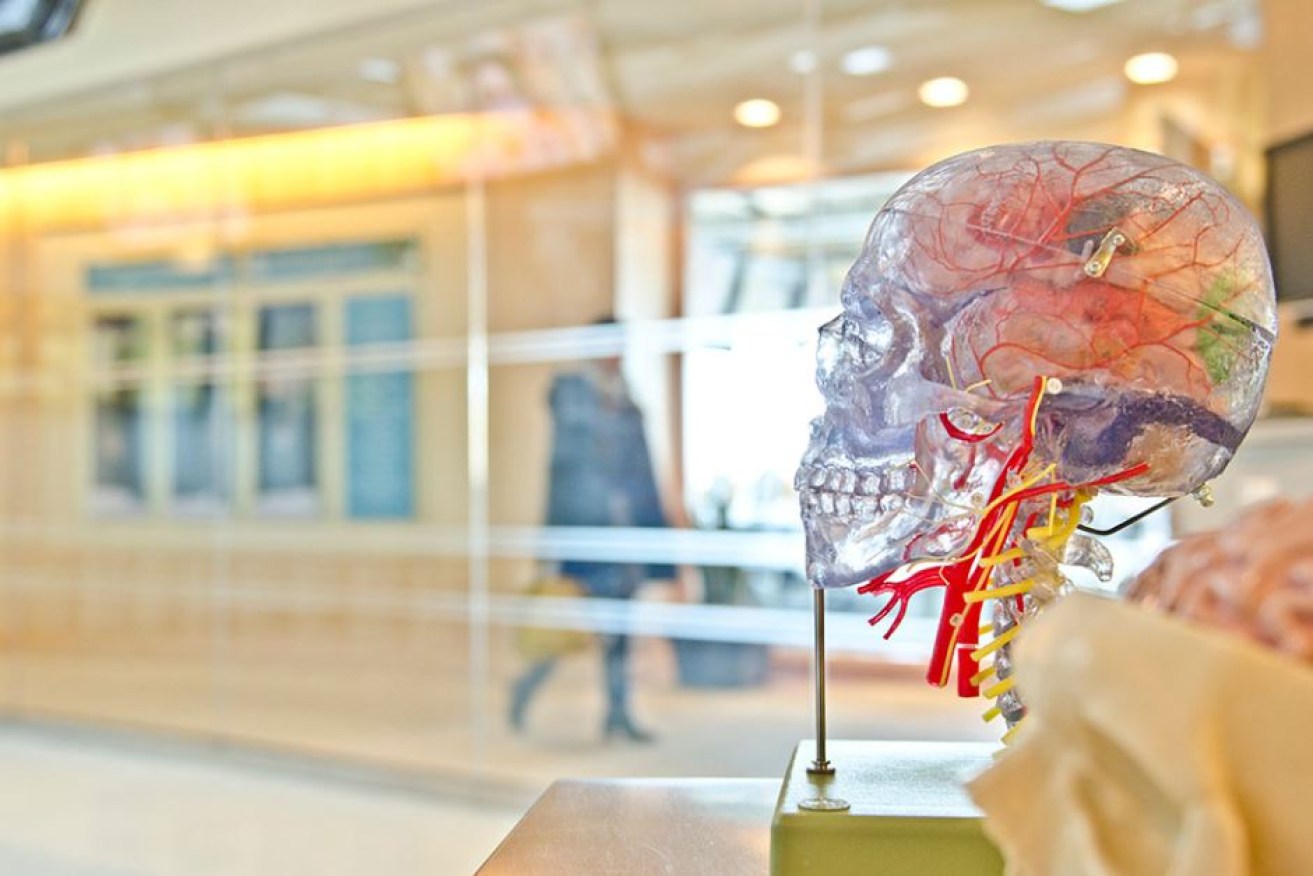How white blood cells could hold the key to understanding schizophrenia

Doctors are not really sure what causes schizophrenia. Photo: Unsplash/Jesse Orrico
Australian scientists have made a remarkable discovery about what is lurking in the brains of people with schizophrenia, giving them new clues about what might cause the illness.
Researchers at Neuroscience Research Australia found increased numbers of immune cells, which are a type of white blood cell, in the brains of schizophrenia patients, something not previously thought to be important.
Using new molecular techniques, Professor Cyndi Shannon Weickert showed a particular type of immune cell was causing inflammation in the brain.
Her research found the cells could “squeeze through the cracks in the blood-brain barrier” to get into tissues, and start affecting how the brain functions.
That was confirmed when she did blood tests on people with schizophrenia.
Those who were suffering psychosis had double the level of inflammation compared to patients who were not psychotic at the time of testing.
“We can study the white blood cells in living patients and try to find how does this relate to their symptoms, their hallucinations, their delusions and their cognitive problems,” she said.
For Professor Shannon Weickert, uncovering the causes of schizophrenia has been her life’s work.
Her twin brother, Scott, was diagnosed with schizophrenia when they were in their teens. He died in 2008.
The anguish of seeing him suffer, and the effect that had on the rest of her family, has been a driving force behind her decades of research.
“This is one of those breakthroughs where you think, wow, I have to text my Mum because it would mean a lot to her,” she said.

For Professor Cyndi Shannon Weickert, uncovering the causes of schizophrenia has been her life’s work. Photo: Facebook/Neuroscience Research Australia
Doctors are not really sure what causes schizophrenia. It is thought to be triggered by complex changes in brain functioning.
It usually develops in people who have a combination of genetic and environmental risk factors such as pregnancy, drug abuse and trauma.
The research findings suggest that in the future, existing drugs that act on the immune system or reduce inflammation, such as aspirin, might be useful for people with the illness.
“This opens whole new avenues for therapy, because it suggests that the pathology of schizophrenia could be within the immune cells, and that the immune cells could be contributing to the symptoms of schizophrenia,” Professor Shannon Weickert said.
But the immune cells were not found in all patients.
Instead, they were found in 40 per cent of patients with schizophrenia, particularly those with more cognitive impairment.
“These individuals have more cognitive problems, so more problems with trying to find the right words,” Professor Shannon Weickert added.
Research offers ‘potential way forward’
Professor Christos Pantelis, who is the scientific director of the Melbourne Neuropsychiatry Centre at The University of Melbourne, said the findings were important.
“She’s developed markers to try and understand whether we can work out how these markers are relevant to the inflammatory process,” he said.
“This has implications in understanding how it may lead to brain changes, and how we might look at new treatments.
“What’s exciting here is that we have the potential to explore new pathways.
“Looking at immune function, looking at it not only in the brain but more globally in the body, I think is a potential way forward.
“Still a lot of work to do, but I think it’s a very exciting time.”
–ABC








